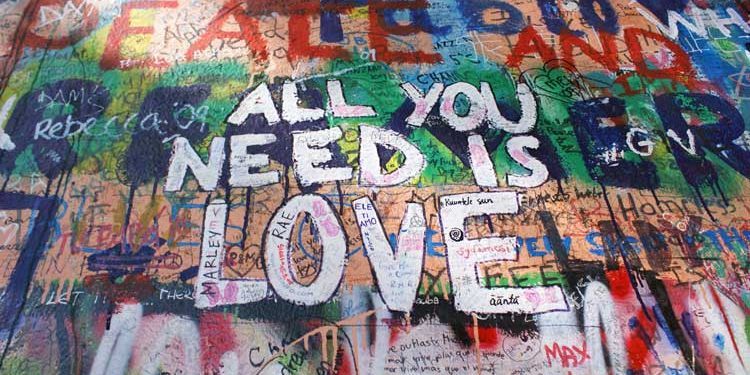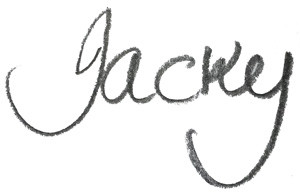A while ago, after listening to an audible book (How Things Exist – which I have to say blew my mind) on a long journey, I set myself a challenge to be as mindful as possible in my daily life and to try to be kind to others no matter what is happening and how I am feeling.
I soon learned that this challenge is quite difficult.
Often, I feel grumpy or quiet. Although I often feel I am responding with kindness my words seem to come out wrong or get lost in translation. Perhaps I am an alien and don’t realise this, or perhaps it’s because I want to be quiet, don’t want to speak and have to. Often, I can’t quite find the right words. Seemingly, I have this inbuilt old and out of date dictionary in my brain that appears to have fun not providing me with the words I need and sending me the wrong ones. It clearly needs an update!
I am having to be very gentle and kind to myself as I go through this process and admitting to myself that I actually find it hard to be kind all of the time.
It doesn’t mean I am being unkind. It just means that I am more mindful of trying to be kind and in that I am becoming more acutely aware of my habitual behaviour and in-built mind processes.
I recognise the power of words and how an unintentional wrong use of a word can be interpreted negatively and can seem as unkind. I seem to be quite good at this. I also seem to be quite good at interpreting words as unkind towards me. It’s quite a predicament.
I am sometimes quite alarmed when I feel irritation inside. I notice that it appears irrational as I am otherwise ok but just triggered by an action or words. They are such small, insignificant events, and yet I have to work hard to release the irritation I feel.
We know from research that mindfulness practice helps change the neural pathways in the brain, so the more we notice and deliberately change our response, the more we will create more positive pathways and the old ones shut down.
It is increasingly apparent that in order to let go of anything, soften and smile, I need to see what needs to be let go of. And the only way to do this is to feel the discomfort inside. Sometimes this manifests as contractions and tightness in my solar plexus, heart or shoulders. Sometimes it feels like my head is squeezing inside out and my tinnitus becomes louder. Then there is something deep within that feels like it wants to burst out (a bit like the film Alien – if you’ve watched it! Yuck!). When I get that feeling I am aware that I am likely to raise my voice or lose my confidence speaking. It’s all quite horrible. You might know what I mean.
As part of training from these mindfulness courses, mindfulness, Mindfulness Level 2 – Responding with Compassion and insight training, I recognised the fact that words are energy and can have a massive impact on how I feel and think. In the wise words of George Orwell – “If thought corrupts language, language can also corrupt thought.” Now theres a thought to ponder.
It seems very complex so, I’m going to take Pema Chodron’s advice and start where I am and begin the process of finding the root cause of the times I feel rattled and am not as kind as I could be, either to myself – or others.
Firstly I started to look at what get’s triggered in me that blocks a full flow of kindness. This might be something I am holding on to like a past hurt. Or it could even be that my deepest fears have been triggered. A lot of this is in my subconscious and I am not overtly aware of it, which is why each time I feel it, I need to go inside and release it.
Once I started doing this I realised that whatever feeling arises and whatever situation presents itself that irritates me, I need to soften around it and let it go so it doesn’t get in the way of my happiness and kindness. I started to ask myself the question each time, “Is it worth it?” The answer is no. So just let it go.
This reminds me of the very first ‘self help’ book I read years ago by John Parkin called ‘F*** It’, where John describes how in situations we just let our irritation go, because the situation probably doesn’t matter – it’s just not worth reacting negatively. Similarly, when locked in a negative flow, Daniel Siegal informs us that we can use our mindfulness to notice we are locked in and reacting and to recognise the pause between impulse or desire and action, and we can choose to have a “reflective response rather than a reactive response”.
Next step for me is to always consider how the other is feeling and put myself in their shoes. If they are reacting then it is possible they are in pain, so maybe I could not let their pain impact on my peace and hold them in kindness. During this process I noticed that if someone has annoyed me – holding on to the negative impact of that is only damaging to me.
In the self compassion break practice, we acknowledge a difficulty of our human experience and recognise that we aren’t alone in this. Others have difficulties too – often very similar to our own. The next stage is to invite a sense of kindness towards ourselves for how we are feeling with a wish for the strength, courage and wisdom to deal with the situation.
In this all I recognise that shift in behaviour cant be achieved in a day – it’s a lifetimes work and I need to be kind to myself in order to be kinder to others and take it one step at a time.
In the famous words of the Beatles:
“….Nothing you can do, but you can learn how to be you in time
It’s easy
All you need is love
All you need is love
All you need is love, love
Love is all you need”
Weekly Challenge
I invite you to pause and rest a while and then tune into a recent occasion where you have reacted to a situation or words despite intentions to be kind, and notice how this feels. Is it possible to soften around it and let go?
As always, I love to hear from you, so if you feel inspired please do write to me personally at membership@mindfulnessassociation.net
Take care
Warmest wishes
Jacky will be teaching on the Mindfulness Level 2 – Responding with Compassion and the new Stillness Through Movement Course on 5th October, 2021.
She has contributed a chapter to the Mindful Heroes Book entitled “Turning Empathic Distress into Compassion – A Hero’s Journey for Family Carers”. You can hear an extract from the chapter where she talks about the results of her MSc Studies in Mindfulness on Compassion & Family Carers. You can download a free sample of Jacky’s chapter here.



